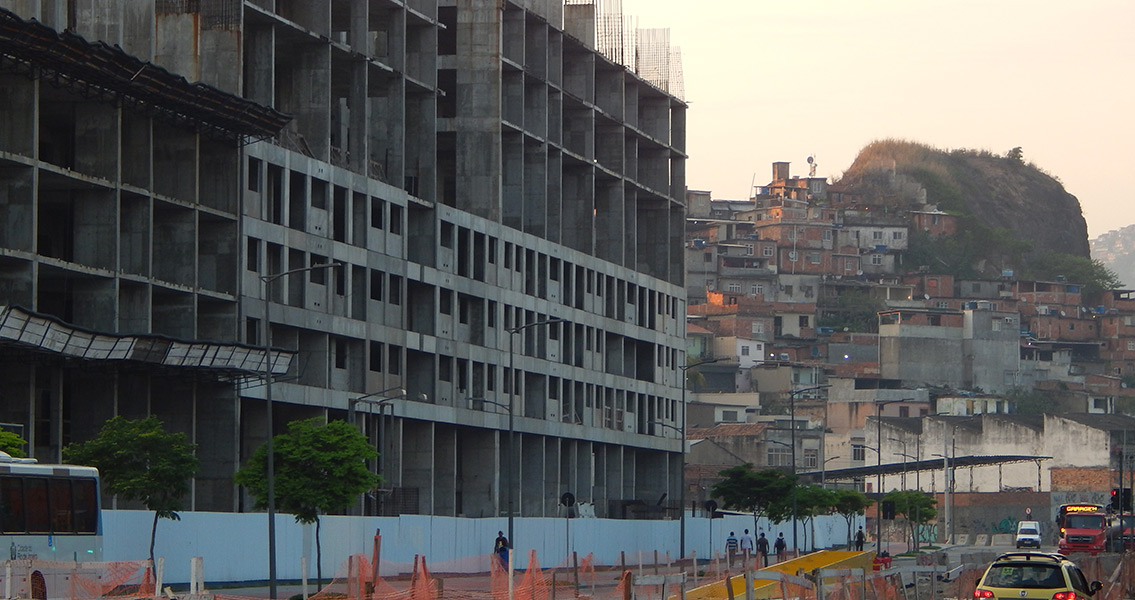<![CDATA[The legacy of the slave trade in Brazil is being hotly contested, as land developers looking to refurbish Rio de Janeiro’s port district clash with anthropologists, researchers, and historians. Rio’s port neighborhood, known as Valongo, had long stood derelict – at least until the new Porto Maravilha project was launched five years ago, when a massive $2 billion excavation project began to bring lucrative business opportunities to the long-buried neighborhood. However, this so-called “Marvelous Port” is also known as the disembark point for countless Africans that were transported to Brazil during the slave trade – a practice that wasn’t outlawed in the country until 1888 – making it a crucial black heritage site. The head of Rio’s municipal cultural heritage agency, Washington Fajardo, remarked in an interview with Fox News Latino that Brazil had an “unofficial policy” of attempting to sweep the issue of slavery in its past under the rug. Valongo is indicative of this policy, as the site was literally concealed by burying it in 1843 under a reconstructed wharf to create a stately reception area for the Portuguese emperor’s bride. The next 150 years, Fajardo stated, saw countless layers of pavement added atop the wharf in what he called a “deliberate” decision to erase any physical reminders of Brazil’s problematic, slaveholding past. Despite this, the location of Valongo was never a secret to historians. A section of the site – quite well preserved considering it had been relegated to the dustbin of history for so long – was revealed during the Porto Maravilha project. Designs that reflect Valongo's African roots have been drawn up by Fajardo for the site, courtesy of Sara Zwede, an American landscape architect originally from Ethiopia, yet the Porto Maravilha development agency has been loath to use the majority of the design. Alberto Silva, the head of the city agency overseeing the project, says that Porto Maravilha is already six months behind schedule. Excavating the wharf to its current extent required refocusing the agency’s development plans in the extreme, Silva added. Fajardo and Zwede both wish to see the wharf given a more proper place in the annals of not just the legacy of Brazil’s slave trade but in world history as well. With the 2016 Olympics coming to Rio – something that prompted the Porto Maravilha project to begin with – the focus will be on the port city. Fajardo hopes that Zwede’s project can be more comprehensively addressed after the games in order to ensure that the African roots of the port area continue to be acknowledged, so that future generations of Brazilians can see the country is serious about the importance of the African slave trade and Brazil’s historical development. Image courtesy of Wikimedia Commons user: Pedro Mendonça]]>
Legacy of Brazil’s Slave Trade Hotly Contested
